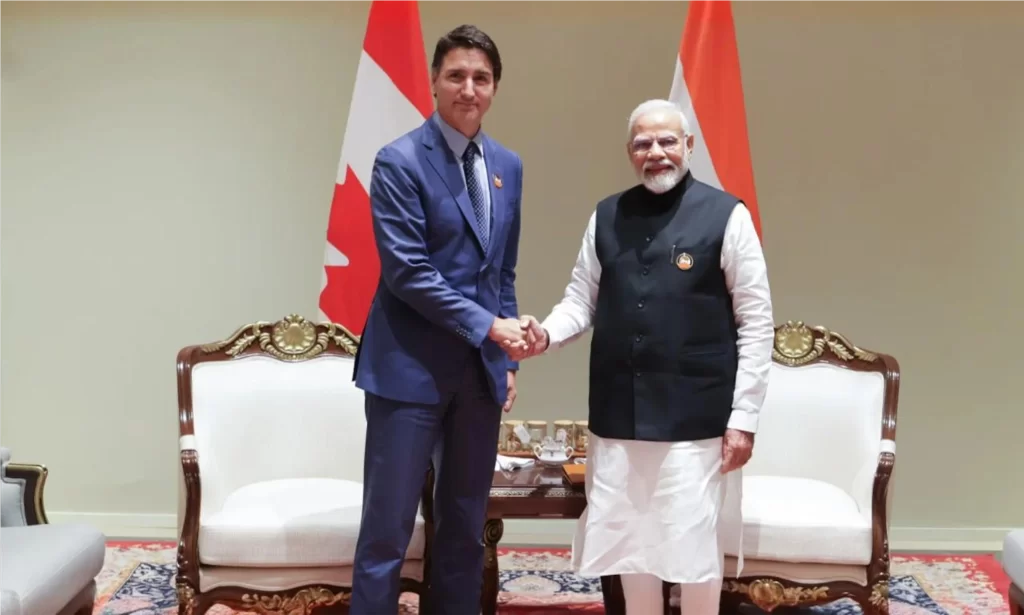During the ASEAN Summit, Canadian Prime Minister Justin Trudeau and Indian Prime Minister Narendra Modi engaged in a discussion that sought to address ongoing tensions between their countries. This meeting came in the wake of strained diplomatic relations, particularly after Canada’s accusations regarding alleged interference by Indian intelligence agencies. The leaders’ interaction was a step toward mending ties and addressing longstanding issues affecting both nations.
Background of Recent Tensions
Relations between Canada and India have been marked by tension in recent months, largely fueled by allegations from Canadian officials about Indian interference in domestic matters. Concerns over Canada’s stance on Sikh separatist activities and perceived lack of action against extremists have also contributed to the discord. This meeting between Trudeau and Modi presented an opportunity to address some of these concerns and explore pathways to reconciliation.
Key Issues Raised
In his remarks following the meeting, Trudeau emphasized the need for dialogue to address “real issues” affecting the relationship between the two countries. While he did not specify the exact nature of these issues, it is widely understood that topics such as trade, security cooperation, and addressing extremist activities have been on the agenda.
For Canada, concerns about India’s stance on human rights and freedom of expression also remain important. The Indian government, on the other hand, has consistently raised concerns about anti-India activities by Sikh separatists in Canada, which have led to diplomatic friction.
Seeking a Path Forward
Trudeau’s remarks pointed to the importance of finding constructive ways to resolve disputes, indicating that both sides were committed to dialogue despite their differences. He acknowledged that “complex, longstanding issues” will take time to address, but underlined that open communication channels are crucial.
In response to the meeting, Indian officials highlighted the shared interests between the two nations, such as trade and people-to-people connections, which can provide a foundation for improving diplomatic relations. The leaders’ meeting on the sidelines of the ASEAN summit marked a tentative step toward dialogue, but challenges remain.
What Lies Ahead
The Canada-India relationship, while multifaceted and historically robust in areas like trade and cultural ties, has been complicated by recent disputes. Moving forward, the focus will likely be on de-escalating tensions through continued diplomatic engagement. Both leaders appear to recognize the need for cooperation in addressing global challenges, which could foster a more collaborative approach in future negotiations.
Trudeau’s call for addressing “real issues” serves as a reminder of the ongoing work needed to stabilize and strengthen bilateral relations. How this effort unfolds will be crucial in determining the future trajectory of ties between Canada and India.

